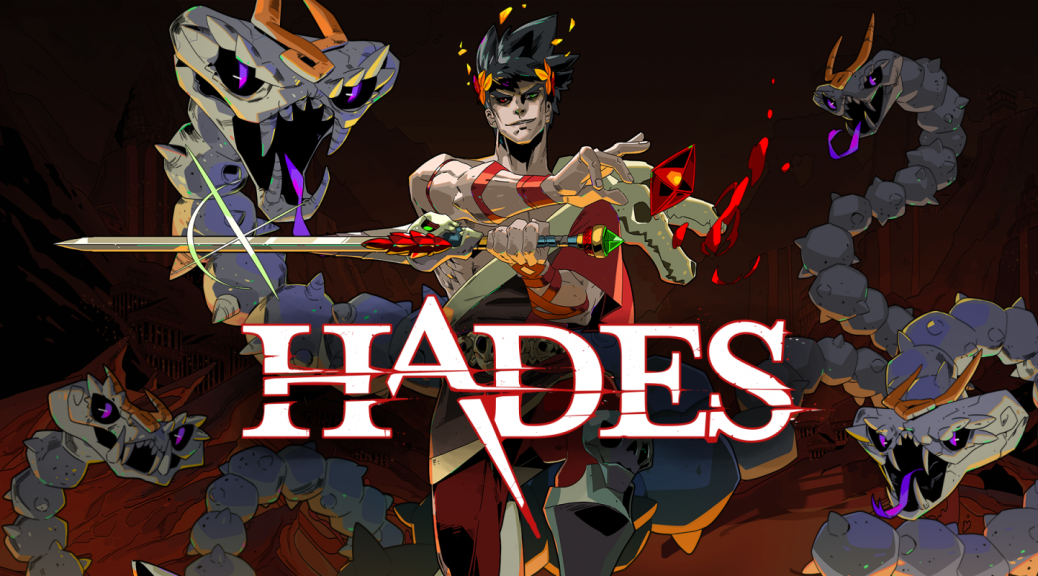
Hades
After two titles with highly experimental gameplay, my first impression of Hades was that Supergiant Games were deliberately returning to the straightforwardness of Bastion. While that was mostly correct, my resulting disappointment was misplaced. Hades expands on Bastion in every way, creating a deep and varied roguelike hack-and-slash that’s overflowing with vibrant content. While the basic mechanics are by no means groundbreaking, there are lots of little inclusions that set it apart from others in its genre. One weapon gets stronger by absorbing its own special attacks, the gods that provide your upgrades can squabble and combine their powers occasionally, and there’s a plethora of difficulty customization options, just to name some examples. And of course, the eclectic soundtrack and voice acting remain peerless.
But the game’s signature feature is actually its structure. The premise of repeatedly attempting to escape the underworld of Greek mythology fits perfectly with Supergiant’s penchant for abstract settings, extravagant artwork, and gameplay-story integration. The constant cycle of progress through death and rebirth at the center of the plot is dangerously addictive and allows for an unusual perspective on the genre. While most roguelikes see players pray to the RNG as they shift between two extremes of run quality, Hades’s design makes becoming a living storm of deadly particle effects all but inevitable. This is the game’s greatest strength from an artistic standpoint and its greatest weakness from a practical one. It allows for the presence of a decent narrative, but the pace at which events take place is on par with a microtransaction-fueled mobile game, and the exquisite visuals are often obscured by whirlwinds of colourful crap.
Note: this score was changed from 8.5 to reflect the author’s changing opinion.